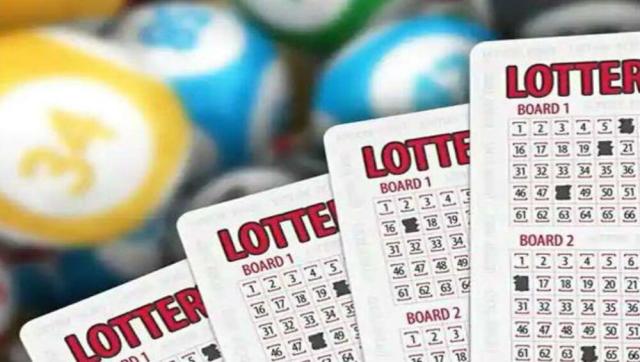
The lottery stands as a timeless testament to the allure of chance and the dream of striking it rich with a stroke of luck. It captivates millions worldwide, offering a tantalizing opportunity to transform a small investment into a life-altering fortune thunderball results. Despite the overwhelming odds stacked against participants, the lottery continues to hold a unique fascination, fueled by the promise of financial freedom and boundless opportunity.
At its core, the lottery operates on the principle of randomness and probability. Players select a set of numbers, often based on personal significance or superstition, with hopes of matching those drawn during the lottery’s scheduled event. The odds of winning vary depending on the game and jackpot size, typically reaching astronomical proportions. For instance, in major lotteries like Powerball or Mega Millions, the chances of hitting the jackpot can exceed 1 in 300 million. Despite these daunting statistics, the potential for life-changing payouts, especially during periods of soaring jackpots, continues to attract participants who dare to dream.
Strategies for selecting numbers range from using birthdates and anniversaries to more complex methods involving statistical analysis and number pattern recognition. However, these strategies are largely based on personal belief rather than proven effectiveness, as the lottery’s inherent randomness ensures that each number combination has an equal chance of being drawn. This unpredictability underscores the excitement and uncertainty that define the lottery experience.
Winning the lottery represents a profound shift in financial circumstances, offering winners immediate access to a substantial sum of money. However, the sudden acquisition of wealth brings both opportunities and challenges. Financial decisions, such as choosing between a lump-sum payout or annual installments (annuity), become crucial considerations. A lump-sum payment provides immediate liquidity but is often subject to significant tax deductions. In contrast, an annuity offers a structured stream of payments over time, providing financial security and potentially mitigating the risks of overspending and mismanagement.
Beyond the financial implications, lottery winners often face profound psychological and social adjustments. The sudden wealth can evoke a range of emotions, from euphoria and disbelief to anxiety and even guilt. Relationships with family, friends, and acquaintances may strain under the weight of changed dynamics, heightened expectations, and requests for financial assistance. Privacy concerns also arise, as many lottery winners are required to publicly disclose their identities, exposing them to increased scrutiny and potential intrusions.
Effective management of lottery winnings is essential to ensure long-term financial stability and fulfillment of personal goals. Seeking guidance from financial advisors, accountants, and legal experts can help winners navigate tax obligations, investment opportunities, and asset protection strategies. Proactive financial planning empowers winners to make informed decisions about spending, investing, charitable giving, and estate planning, ensuring that their newfound wealth serves as a lasting resource for themselves and their loved ones.
In conclusion, the lottery remains a powerful symbol of hope and opportunity, embodying the universal desire for financial security and personal fulfillment. Despite the overwhelming odds, its enduring appeal lies in the promise of a dream fulfilled—a testament to the timeless allure of chance and the boundless possibilities it represents in the pursuit of a better tomorrow.